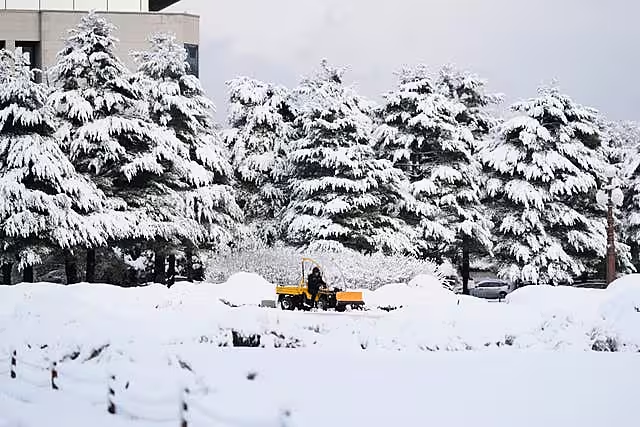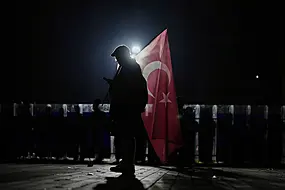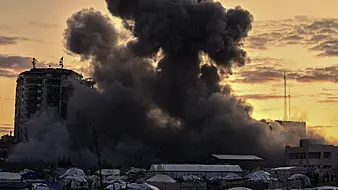The biggest November snowstorm to hit South Korea’s capital in more than a half century blanketed Seoul on Wednesday, grounding hundreds of flights, disrupting commuter traffic and leaving at least two people dead.
South Korea’s weather agency said 20-26cm (7.8-10in) of snow fell in northern areas of Seoul and nearby areas. The agency said it was the heaviest snowstorm Seoul has experienced in November in 52 years, when a storm dumped 12cm (4.7in) of snow on November 28 1972.
South Korea’s Yonhap news agency said one person died and four others were injured in a five-vehicle accident in the eastern town of Hongcheon.

In the town of Yangju, a garage collapsed and killed a person who was removing snow, according to South Korean authorities.
The snow caused temporary power outages at about 230 homes in the city of Gwangju, near Seoul, according to the Gyeonggi provincial government.
The storm blanketed much of the country, with the central, eastern and southwestern regions recording about 10-28cm (3.9-11in) of cover.
At least 317 flights were cancelled or delayed at airports nationwide, while authorities ordered around 90 ferries to remain at port. They also shut down hundreds of hiking trails.
Icy road conditions slowed down the morning commute in Seoul and led to massive crowds at subways, causing delays. Emergency workers across the country responded to fallen trees, road signs and other safety risks.

Officials at the Safety Ministry said they could not confirm any school closures as of Wednesday afternoon.
Visitors dressed in traditional hanbok garb were busy taking photographs at Seoul’s snow-covered medieval palaces while snowmen popped up in playgrounds and schoolyards across the country.
The weather agency said snow will continue in most parts of the country until noon Thursday.
President Yoon Suk Yeol instructed the safety and transport ministries to mobilise all available relevant personnel and equipment to prevent traffic and other accidents.







